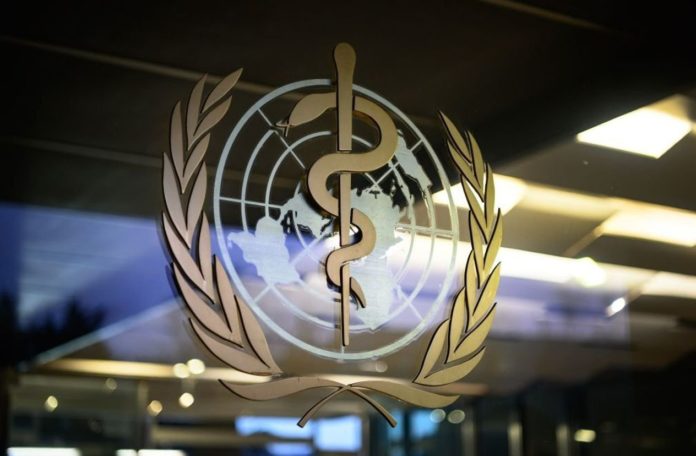And much much better than Remdesivir, as well as Merck’s molnupiravir pill and monoclonal antibodies, according to WHO.
The World Health Organization stated Friday that Paxlovid, a COVID-19 antiviral pill made by Pfizer, is “strongly recommended” for individuals with milder forms of the disease who are nonetheless at high risk of hospitalization.
However, the UN agency expressed grave worry that the disparities in access experienced with COVID vaccines will result in low- and middle-income countries being “pushed to the end of the queue” once again.
The WHO’s experts declared in the BMJ medical journal that Pfizer’s combination of nirmatrelvir and ritonavir was the “superior choice” of treatment for unvaccinated, aged, or immunocompromised persons with COVID.
For the same patients, the WHO issued a “conditional (weak) recommendation” for Gilead Sciences’ antiviral medication remdesivir, which it had previously advised against.
The WHO recommended Paxlovid over Remdesivir, as well as Merck’s molnupiravir pill and monoclonal antibodies.
According to the WHO’s specialists, Pfizer’s oral therapy reduces hospitalization better than “available alternatives,” has fewer worries about risks than molnupiravir, and is easier to administer than intravenous remdesivir and antibodies.
Paxlovid lowered the risk of hospital admission by 85 percent in two trials involving approximately 3,100 participants, according to the new guideline.
The trials also found “no important difference in mortality” and “little or no risk of adverse effects leading to drug discontinuation”.
The advice is for anyone over the age of 18, but not for women who are pregnant or breastfeeding.
It also doesn’t apply to people who have a low risk of disease consequences because the benefit would be negligible.
Due to a lack of data, WHO specialists also refused to provide an opinion for people with severe manifestations of the disease.
But the WHO stressed: “The medicine can only be administered while the disease is at its early stages.”
It means that patients can be treated as soon as they test positive, but they must begin taking Paxlovid pills within five days of the onset of symptoms, and the course will continue five days.
Remdesivir must be taken within seven days of the onset of symptoms, and it is given intravenously over three days.
Regarding the cost of the drug, the WHO called on Pfizer to “make its pricing and deals more transparent” for Paxlovid.
According to Lisa Hedman, the WHO’s senior advisor on access to medicines, a full course of Paxlovid costs $530 in the United States, according to NPR. Another unsubstantiated source told WHO that the price in an upper-middle-income country was $250.
Meanwhile, Remdesivir costs $520, according to Hedman, although generic versions made in India sell for $53-$64.
As we previously mentioned, there’s also the question of whether or not the virus will develop resistance to these therapies.
However, Pfizer CEO Albert Bourla forecast a bright future for therapies like Paxlovid earlier this month, as consumers tire of having booster vaccines.
Pfizer has agreed to let select generic drugmakers around the world to create cheaper versions of Paxlovid under an UN-backed system after coming under fire for prioritizing wealthier countries with its vaccine.
On Friday, however, the World Health Organization (WHO) “strongly recommended” that Pfizer allow other generic manufacturers to produce the medicine and “make it available faster and at affordable prices.”
Image Credit: Getty
You were reading: COVID-19 drug WHO “strongly” recommends reduces severe infection by 85%
